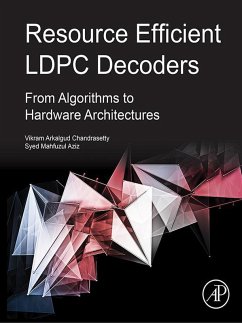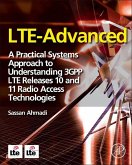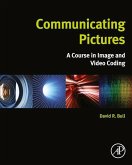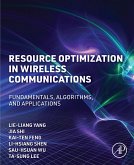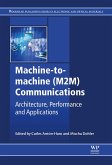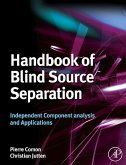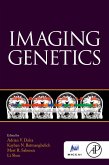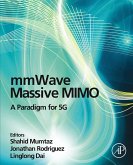- Modern techniques to design, model and analyze low complexity LDPC algorithms as well as their hardware implementation
- How to reduce computational complexity and power consumption using computer aided design techniques
- All aspects of the design spectrum from algorithms to hardware implementation and performance trade-offs
- Provides extensive treatment of LDPC decoding algorithms and hardware implementations
- Gives a systematic guidance, giving a basic understanding of LDPC codes and decoding algorithms and providing practical skills in implementing efficient LDPC decoders in hardware
- Companion website containing C-Programs and MATLAB models for simulating the algorithms, and Verilog HDL codes for hardware modeling and synthesis
Dieser Download kann aus rechtlichen Gründen nur mit Rechnungsadresse in A, B, BG, CY, CZ, D, DK, EW, E, FIN, F, GR, HR, H, IRL, I, LT, L, LR, M, NL, PL, P, R, S, SLO, SK ausgeliefert werden.
Hinweis: Dieser Artikel kann nur an eine deutsche Lieferadresse ausgeliefert werden.

